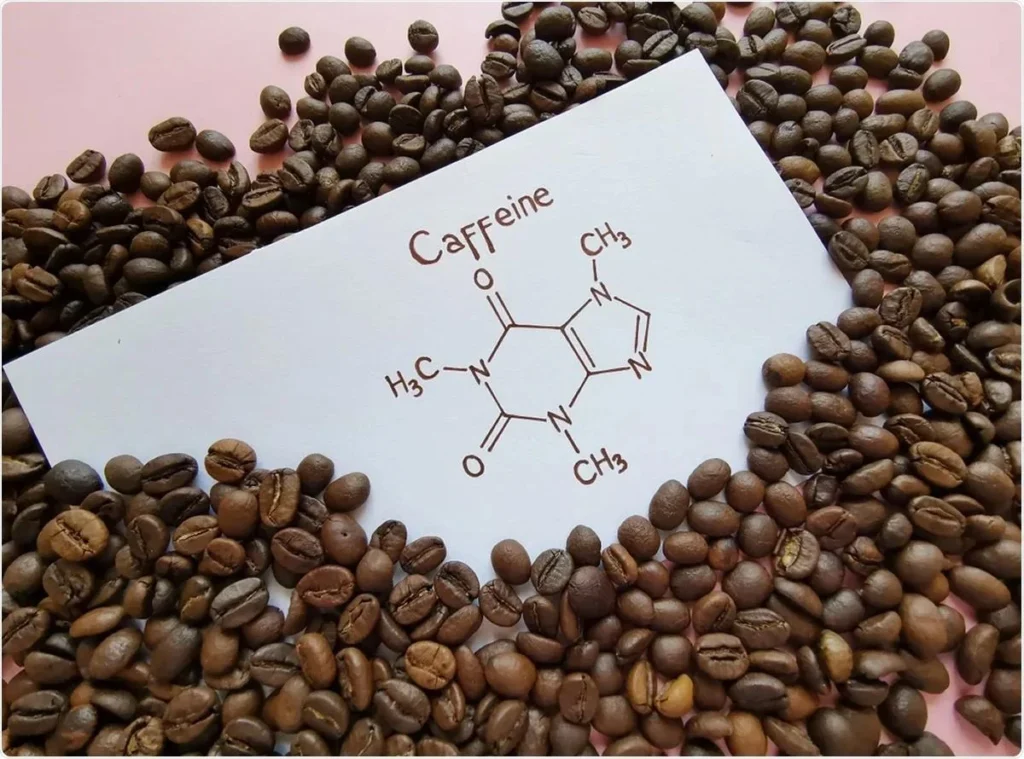In the world of football, the demand on a player’s body is intense. Whether you’re training during the off-season or battling it out on the field, your body requires more than just a healthy diet to perform at its best. This is where football supplements come into play. These targeted supplements can provide the extra edge needed to recover faster, build muscle, increase endurance, and maintain peak performance.
Why Supplements Matter for Football Players
Football is a physically demanding sport that requires strength, speed, endurance, and mental sharpness. While a balanced diet forms the foundation of athletic health, supplements can help fill the gaps, ensuring that your body has everything it needs to recover from intense workouts and maintain peak performance during games.
Top Supplements for Football Players
Whey Protein:
Muscle repair and growth are critical for football players, especially after a tough training session. Whey protein is a fast-digesting protein that provides your muscles with the amino acids they need to recover quickly. Consuming whey protein within 30 minutes after a workout can significantly enhance muscle recovery and support lean muscle mass development. Although it has been proven this window can extend for up to an hour. Make sure you consume the best whey protein available.
Creatine Monohydrate:
Creatine is one of the most researched supplements in sports nutrition. It enhances strength and power, crucial for explosive movements on the football field. By increasing your muscle’s phosphocreatine stores, creatine allows for improved high-intensity exercise performance, making it indispensable for football players looking to improve their sprints and overall power output. Be sure to do you research to make sure you pick the best creatine, available to suit your needs
Beta-Alanine:
High-intensity football drills and matches can lead to a buildup of lactic acid in the muscles, causing fatigue. Beta-alanine helps buffer this acid, delaying fatigue and improving endurance. This supplement is particularly beneficial for players involved in repeated sprints or prolonged periods of play.
BCAAs (Branched-Chain Amino Acids):
BCAAs are essential for reducing muscle soreness and accelerating recovery, especially after intense training sessions. These amino acids help prevent muscle breakdown and support muscle protein synthesis, ensuring that you recover faster and maintain muscle mass during the season.
Caffeine:
Often underestimated, caffeine is a powerful supplement for football players. It not only enhances focus and mental alertness but also boosts endurance by stimulating the central nervous system. This allows players to stay sharp and energized during games and training sessions. However, it’s essential to monitor caffeine intake to avoid potential side effects like jitters or insomnia.

Omega-3 Fatty Acids:
Omega-3s are crucial for reducing inflammation and supporting joint health. Football players often experience joint pain due to the physical nature of the sport, and omega-3s can help minimize this discomfort and promote faster recovery from injuries.
Importance of a Balanced Diet
While supplements can provide significant benefits, they should not replace a well-balanced diet. A diet rich in lean proteins, complex carbohydrates, healthy fats, and a variety of fruits and vegetables is essential for maintaining overall health and optimizing athletic performance. Supplements should be used to enhance, not substitute, your nutritional intake.
FAQs About Football Supplements
What are the best supplements for football players?
The best supplements include whey protein, creatine monohydrate, beta-alanine, BCAAs, caffeine, and omega-3 fatty acids. Each of these supports different aspects of performance, from muscle recovery to endurance and mental focus.
When should football players take supplements?
The timing of supplement intake is crucial. For example, whey protein should be taken within 30 minutes post-workout, while creatine can be consumed pre- and post-training. Caffeine is best taken 30-60 minutes before a game or practice for optimal focus and energy.
Are supplements necessary for football players?
While not absolutely necessary, supplements can greatly enhance a player’s performance, recovery, and overall health when used correctly in conjunction with a balanced diet.
By incorporating these football supplements into your routine, you can ensure that your body has the support it needs to excel both on and off the field. Remember, the key is to combine these supplements with a nutritious diet and consistent training for the best results.









